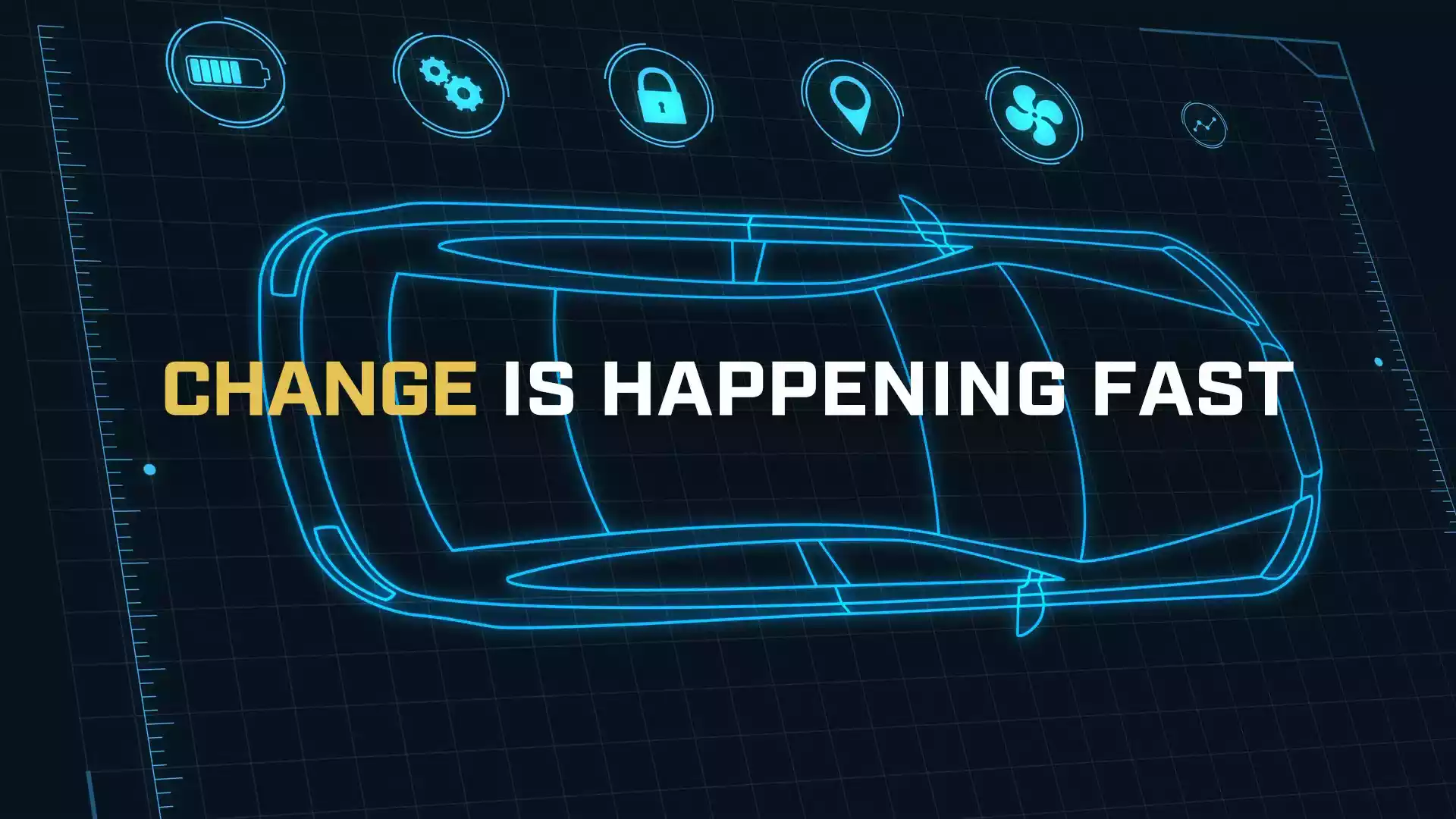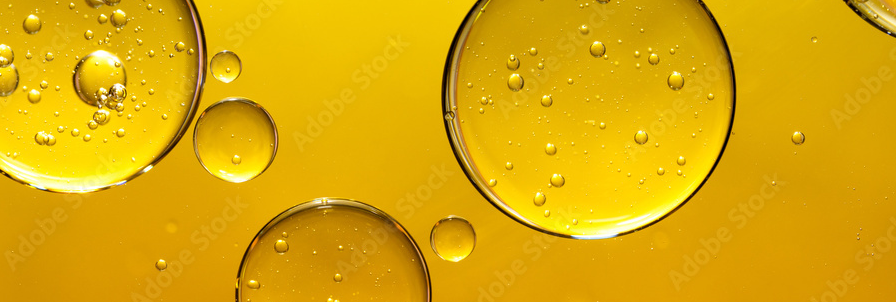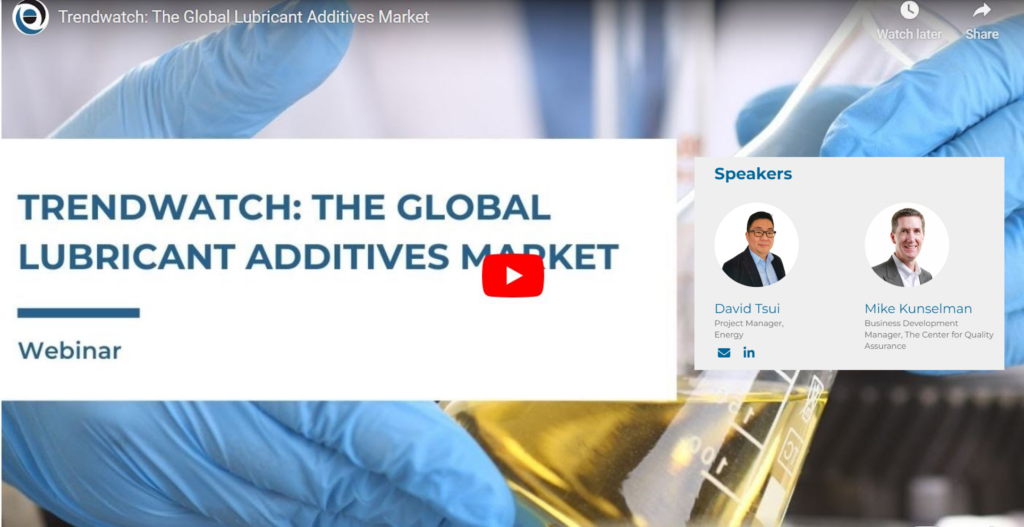BECOME A MEMBER
Membership in the IFC is voluntary and open to industry participation. Vehicle manufacturers and Tier 1 OEMs are classified as OEM members. Other entities are classified as Industry Affiliate members. Membership is open to all companies interested in collaborating on specification development and supporting consortium activities. Although membership organizations, such as associations, consortiums, or industry groups, are not eligible to become IFC members, their individual member companies are welcome to join IFC.
Through the combined efforts of our members, IFC empowers the creation of advanced fluids that meet the evolving needs of vehicle technology. As an IFC member, you are part of a collaborative collective.
Become part of a global consortium

global
specifications
Establishes global fluid performance specifications and metrics
optimize
Performance
Helps optimize vehicle performance and the ownership experience across the globe
Positive
economic impact
Positively impacts economic and environmental factors regarding fluid technology
Why join IFC?
- Engaging in leading edge fluid technology
- Strengthening relationships with industry leaders and influencers
- Participating in technical committees
- Contributing expertise in key areas

Many of the industry’s leading companies have joined the IFC and are quickly making advanced fluid technology standards a reality. Join the team making tomorrow’s possibilities a reality.
OEMs
AFFILIATE MEMBERS
As of January 4, 2024
Technical Advancement
The Technical Division of IFC focuses on four primary activities.
Specification Development is divided into two categories based on vehicle technology. Currently, specifications are being developed for combustion engines and for electrified vehicles. Additional specification categories may be added over time to address other hardware technology.
Test Development is a critical element of specification development. True to IFC’s philosophy of efficiency, existing industry-accepted tests will be used when appropriate. When needed, IFC will develop new or upgraded tests. Functions required for ongoing support of IFC tests include test calibration & monitoring, as well as central parts warehousing & distribution.
The Raw Material Interchange (RMI) Policy develops and maintains the guidelines that will be used for acceptable base oil interchange and viscosity grade read across.
The Technical Advisory Council is an elected body of Industry Affiliate members providing advice, insight, and recommendations on the technical activities to the IFC leadership.
Technical Committees
Technical committees are formed to carry out specific technical activities within IFC, encouraging full engagement with the industry. As a member of the IFC, you have an opportunity to provide your valuable insights by participating on one or more technical committees. Technical success can be achieved by using existing industry best practices or developing new IFC practices.
Current Technical Committees:
- Specification for the next generation of engine oil for combustion engines
Compliance with changing regulations, obsoletion of existing test hardware, and advancements in fluid capabilities require development of specifications for the next generation of engine oil for combustion engines. This committee will plan the roadmap for continued support of ICE and ICE hybrid vehicles into the future and define the specification requirements for tests, test limits, and timing.
- Specifications for electrified vehicle fluids
With the speed of evolution and myriad of technological approaches for electrified vehicles, opportunities abound for developing fluids designed for electrified vehicles. Now is the time to standardize and benefit from efficient use of developmental resources. This committee will identify future performance requirements for EV fluids and begin charting the developmental process.
- Development of IFC Raw Material Interchange Policy
Effective use of base oil interchange and viscosity grade read-across is critical for fluid integrity and efficient use of resources. This committee will assess current industry practices, introduce improvements where necessary, and develop IFC’s policy for acceptable interchange of raw materials.
- IFC process for test calibration and monitoring
This committee will assess the processes that are in use today for effective calibration and monitoring of engine tests used in IFC specifications. With that analysis, the committee will determine if improvements should be made and develop a policy to ensure appropriate processes are in place for ongoing test control.
Learn how IFC certification enhances products with an OEM seal of approval.




